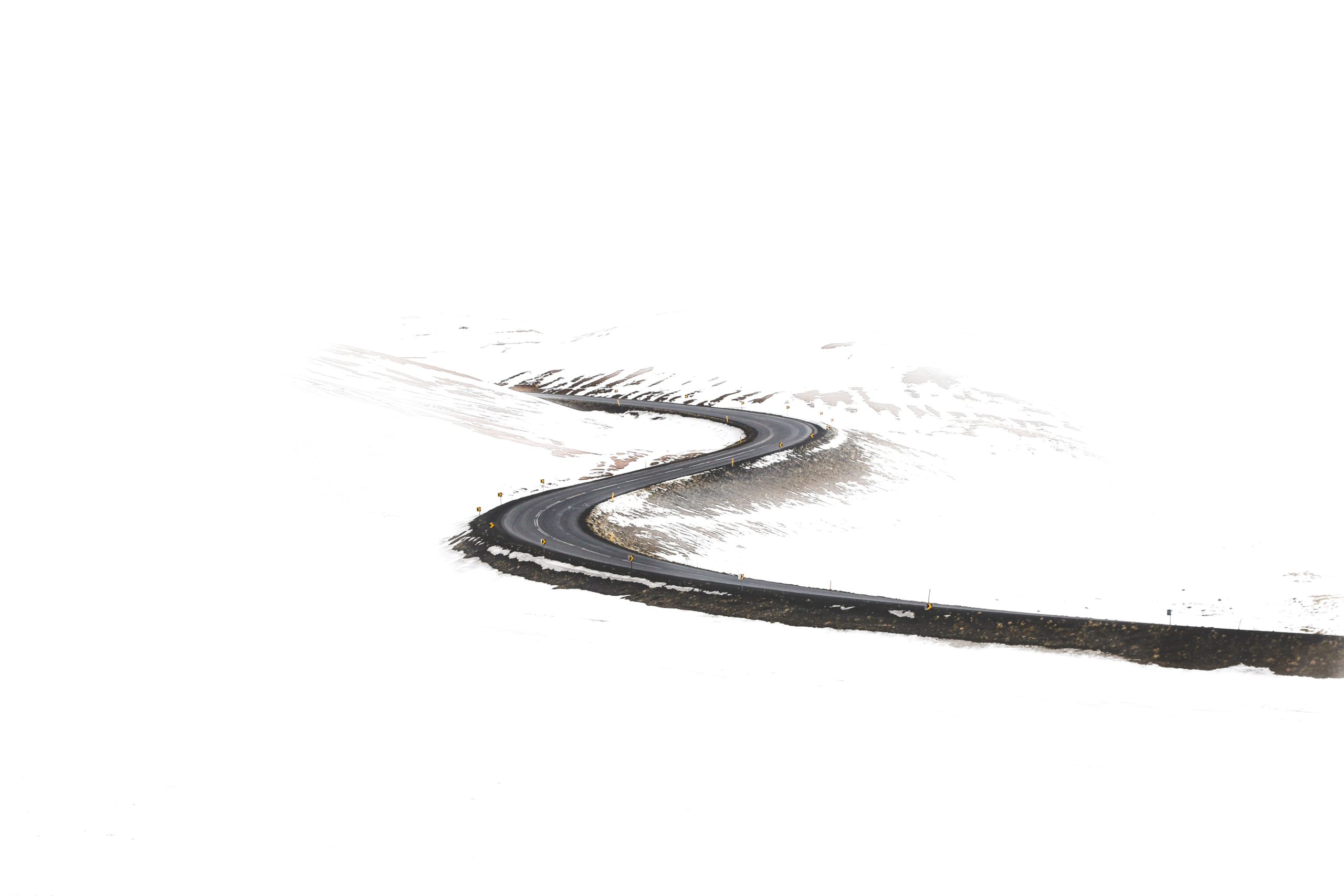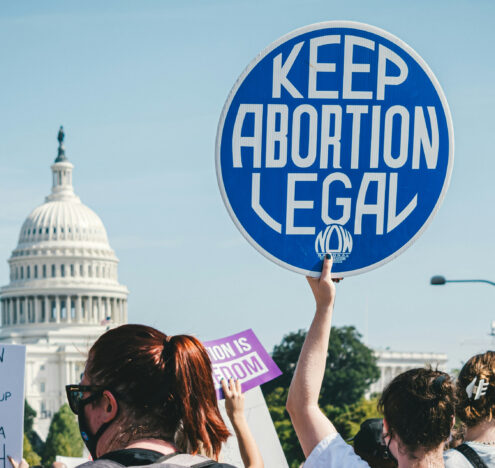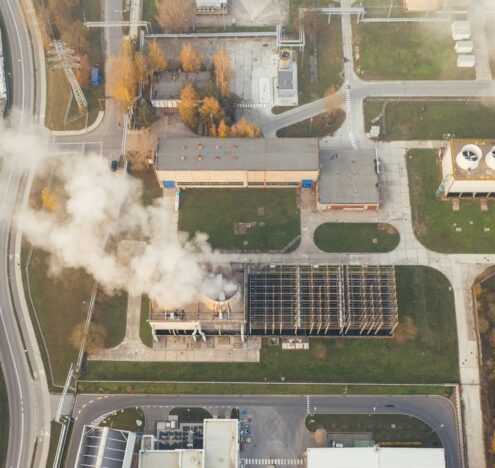Writing this soon after the failed insurrection at the US Capitol, which disrupted Congress and the election certification, I have been thinking about what actually went right leading up to this event. Brandon Kendhammer wrote a short Twitter thread on how we are having a “normal” authoritarian moment. However, one area where US democracy held strong was the abject failure of Trump’s post-election judicial efforts to entrench his dominance or prevent the transition. Judges treated the Trump team’s wildly uncontrolled bursts of lawsuits like GenZ respond to requests by their parents to join their Instagram accounts, denying him legitimacy and cover.
The relative success of the judiciary wasn’t structural; judges can keep lawsuits alive if they’re sympathetic and want to. But almost none of the suits survived the judges pushing back. Trump’s people, including his legal team and outside lawyers, weren’t legally allowed to bring certain suits because they weren’t the right people to try and intervene. And their claims weren’t strong enough to prove that something had gone wrong that the courts could or should fix. Something like 90 individual judges made these decisions, many appointed by Trump himself.
What we’re seeing is that both institutional strength and resilience mattered. And, as a consequence, authoritarianism hasn’t gotten too far in the United States.
What we’re seeing is that both institutional strength and resilience mattered.
Ninety judges, including Trump’s own new appointments, had the institutional and professional background to make correct legal calls and reject authoritarian changes to invalidate the election. Existing judges had years of experience and institutional respect for law and order to draw on. But for Trumps’ new appointees, a lot comes down to who they were when they were nominated. A lot of the new ones came out of the Federalist Society judicial programs, and they seem to have select traits that Trump could twist or manipulate. But, in large part, they were neither twisted nor manipulated.
Where we started in the attempted but unsuccessful authoritarian turn matters because it was left up to the judges. Further along the transition from democracy to authoritarianism in other contexts, we’ve seen force applied to judges to change their minds, either within the political system (demotions, removal from the bench) or threats of violence. And such authoritarian turns often have a high degree of success. They’ve happened in developing nations and in EU member states including Poland and Hungary.
But in the US today, the political system didn’t go after judges. And despite Trumpist-aligned violent movements acting elsewhere, they didn’t go after judges in the post-election period. We weren’t far enough around the authoritarian bend to see either happen. So this time, we stopped our descent to authoritarianism at the judicial level, because both these conditions held.
However, more must be done. On the judges’ institutional strength front, we need to know what made them resistant to the Trump siren call as the fascist hit the fan. What about the individual judges made them resistant? How did the Federalist Society program make them resistant? If we can copy that in future programs, we strengthen freedom.
We also have to know whether those judges are more vulnerable to a future attempt whose leaders more closely resemble the conservative libertarian norms. If their rejections were too narrow, because Trump wasn’t the right authoritarian guy, then we have a problem. If they were too broad, and they’d turn equally hard against a future Maximum Leader Hawley or Cruz or Paul, then we’re okay.
We must encourage judicial safety and independence, and watch out for attempts to curtail it. We have some work ahead. We came way too close. This time, US democracy endured. But history shows that we should not take that endurance for granted.
George William Herbert is a nonproliferation technology expert who co-teaches Missiles and Missile Defense at Middlebury Institute of International Studies in Monterey’s James Martin Center for Nonproliferation Studies as an adjunct. He can be reached at @georgewherbert on Twitter.





















